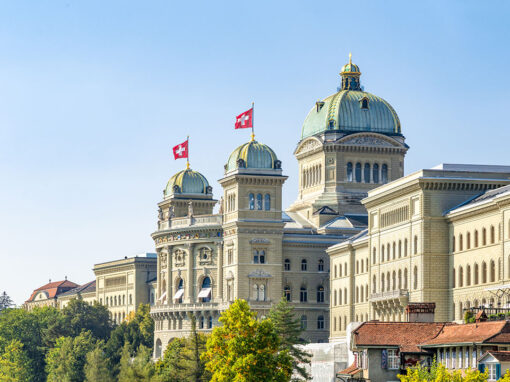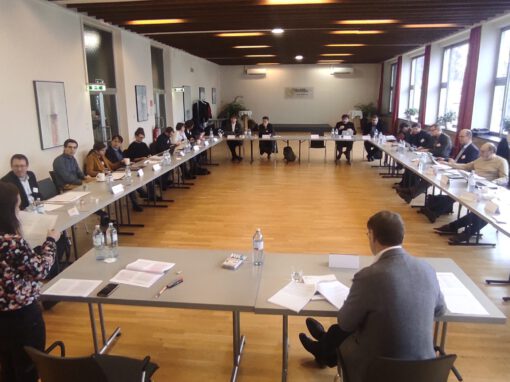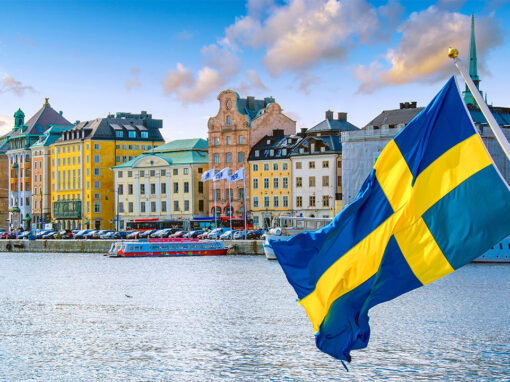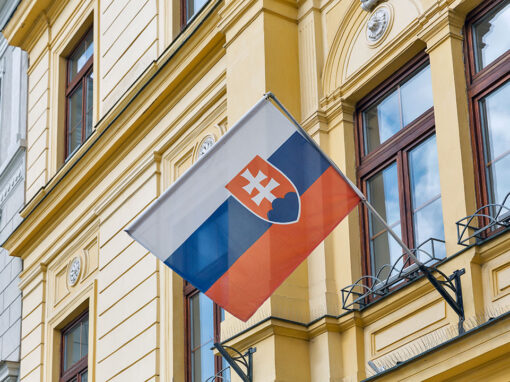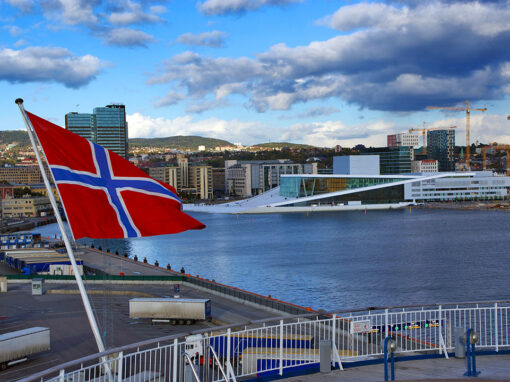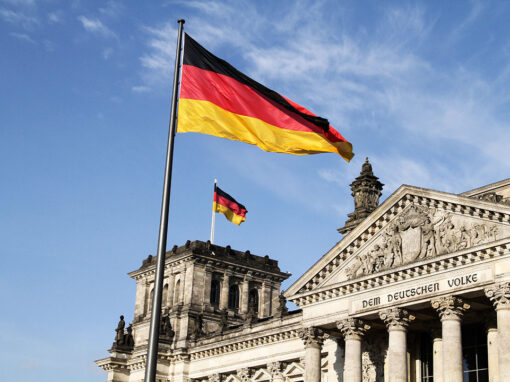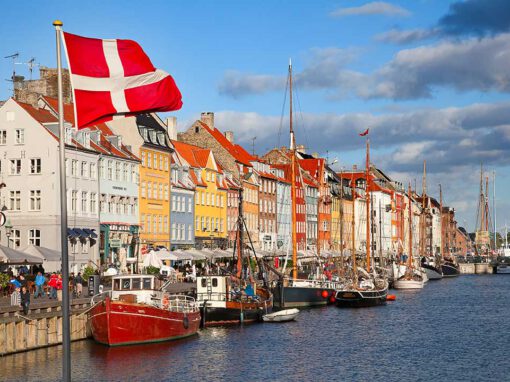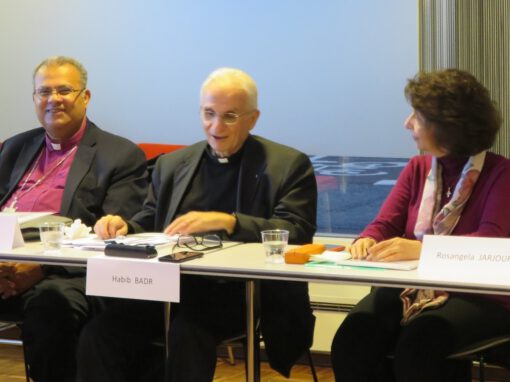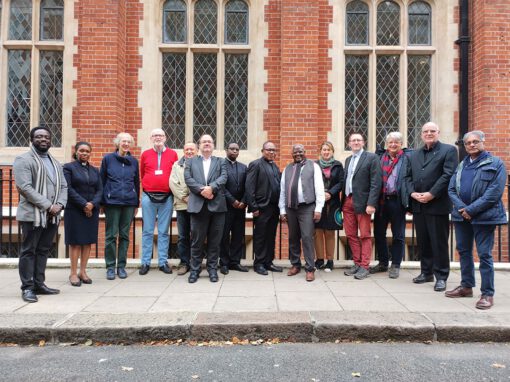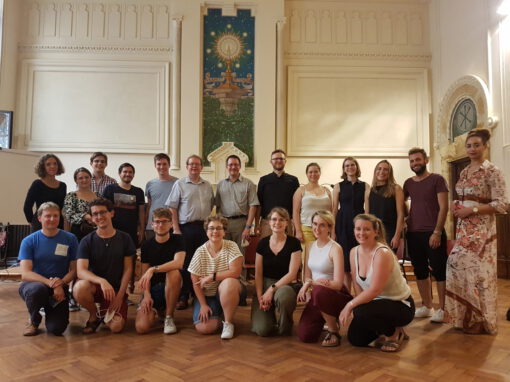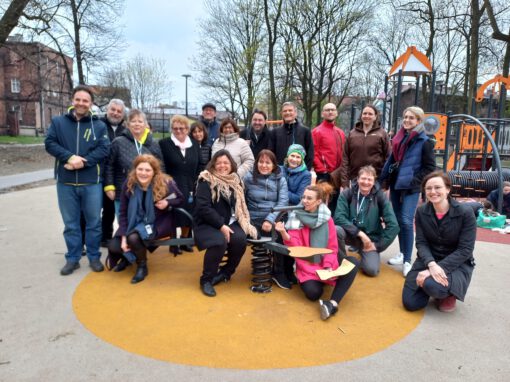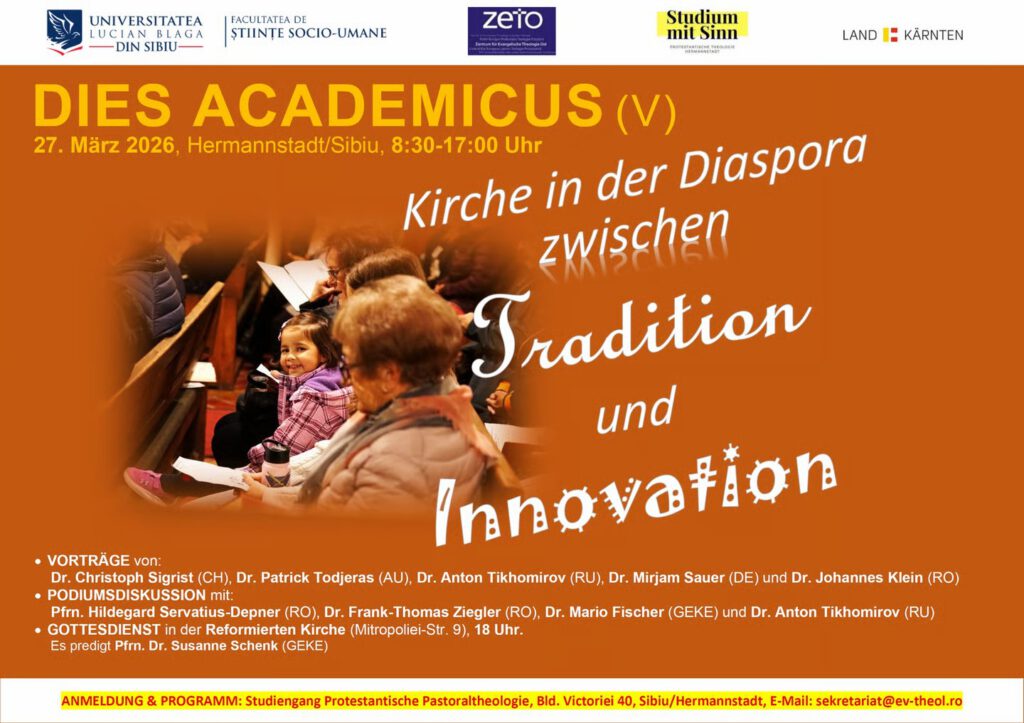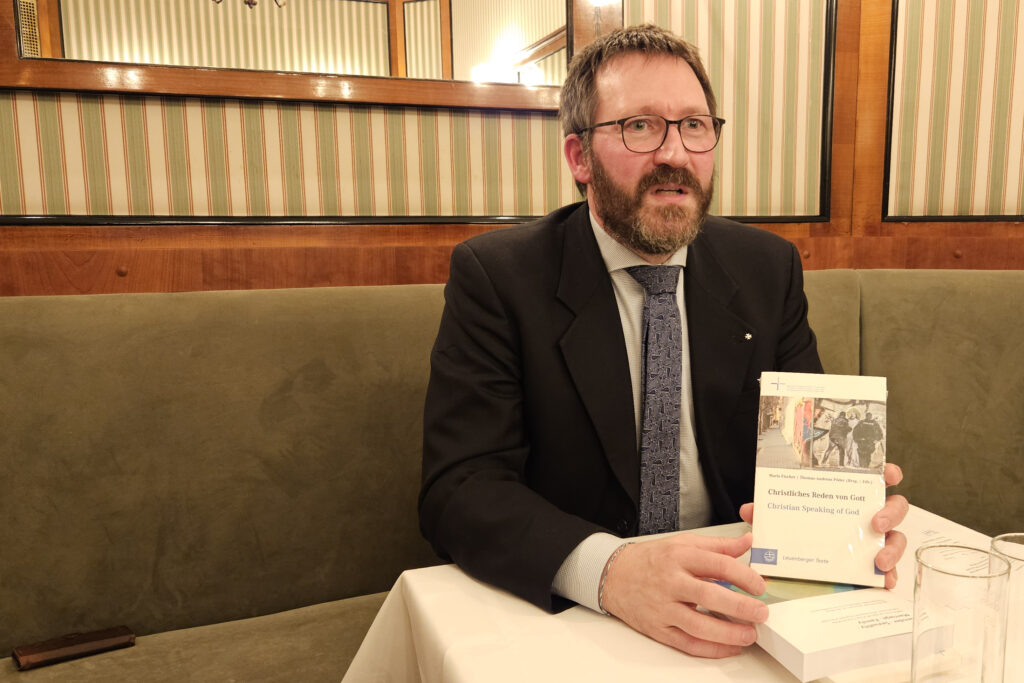Communion of Protestant Churches in Europe CPCE
Change at the top of the CPCE
On 27 April 2026, the CPCE will bid farewell to Rev. Dr Mario Fischer as General Secretary of the CPCE. His successor, Rev. Dr Susanne Schenk, will be installed in the office of General Secretary. Both events will take place during a festive service at the Lutherkirche in Vienna-Währing, which will begin at 5:30 p.m.
For more information (in german) please click here!
Those who wish to attend are requested to notify the office by 1 April with this link here!

Recent news
‘Shifting the silence’: a morning prayer service full of rhythm, silence and poetry
"In what we do and what we refrain from doing, the melodies we carry within us find expression." Dr. Susanne Schenk, the designated CPCE General Secretary, chose art in its various forms of expression as the introductory theme for the morning prayer service at the...
Dies Academicus in Sibiu
Churches in the diaspora between tradition and innovation – many of the member churches of the CPCE live in this tension. The Centre for Protestant Theology East (ZETO), one of the CPCE's cooperation partners, is holding a study day (Dies Academicus) in German on...
Protestant in Europe: United, yet diverse
The CPCE invited Austrian media representatives to a background meeting with Secretary General Mario Fischer. The meeting was very positive and featured numerous questions from the attending journalists, most of whom have a Catholic background. They expressed...
About us
The Communion of Protestant Churches in Europe (CPCE) is the Protestant voice of Europe for 40 million believers. It comprises 96 Lutheran, Reformed, United, and Methodist churches in Europe and overseas. The CPCE has been based in Vienna since 2007.
About the history of the CPCE: With the Leuenberg Agreement, a historic bridge was built between churches just over 50 years ago (1973): the mutual recognition of Protestant churches in Europe. Since then, a Lutheran pastor can preach from a Reformed pulpit and a Reformed believer can receive communion at a Lutheran service.
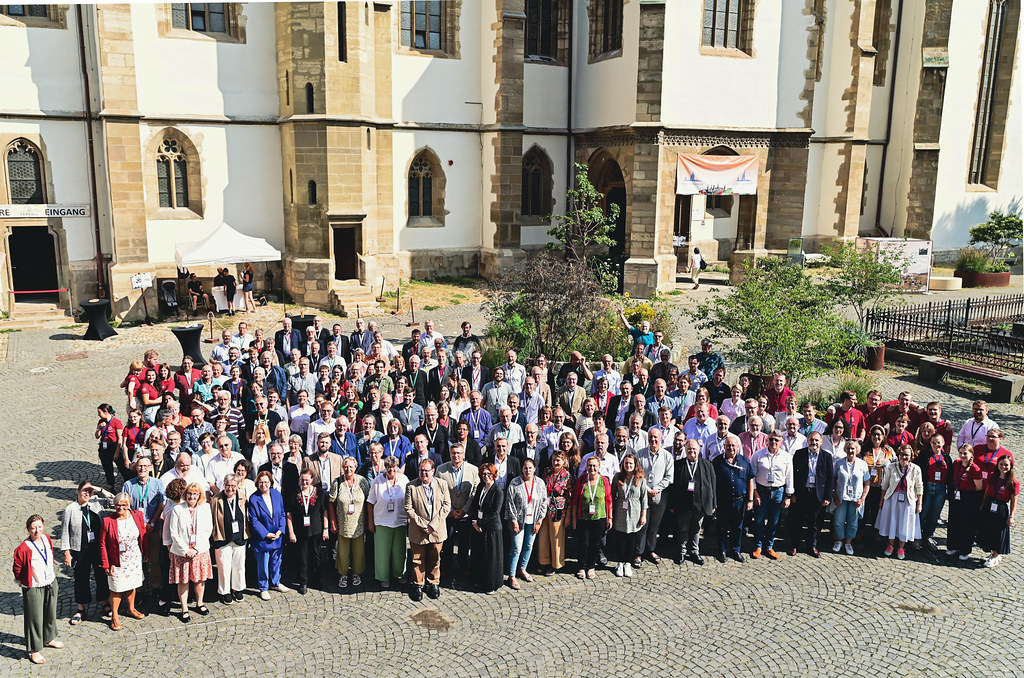
Projects, Dialogues, Next-Generation Development
